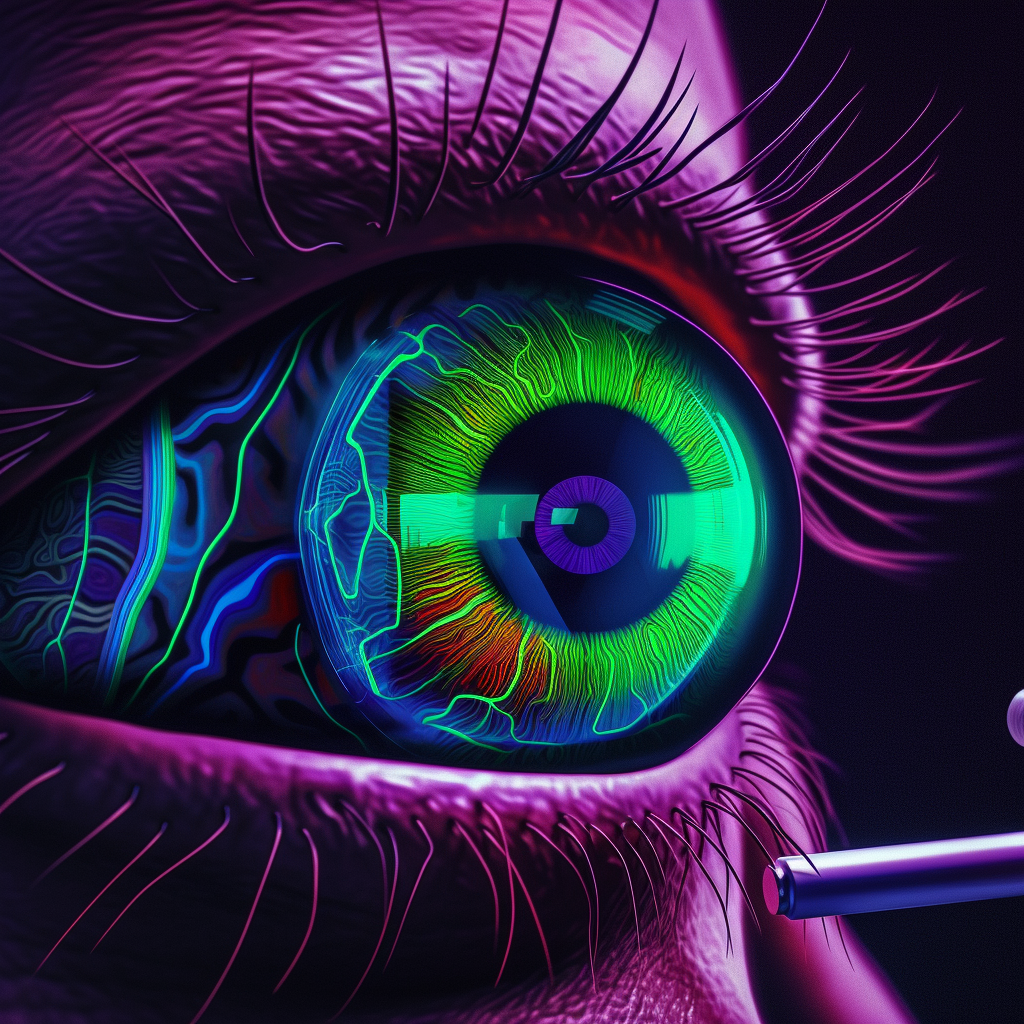May 11, 2023
Breaking Barriers in Healthcare- ChatGPT Achieves Comparable Accuracy to Trained Ophthalmologists
Book a Demo
Recently, OpenAI’s language model ChatGPT has shown its potential to take on yet another domain, ophthalmology. In a study conducted by researchers at the University of California, San Francisco, ChatGPT was tested on its ability to diagnose eye diseases using a standardized ophthalmology exam.
The results of the study showed that ChatGPT was able to achieve a diagnostic accuracy rate of 85.2%, which is comparable to that of a trained ophthalmologist. This breakthrough could potentially revolutionize the way we diagnose and treat eye diseases, particularly in regions where access to specialized medical care is limited.
The ophthalmology exam consists of a set of standardized images of the eye, which are presented to the model for diagnosis. The researchers trained ChatGPT on a dataset of 7,000 such images and compared its accuracy against that of 8 human ophthalmologists. The study found that ChatGPT’s performance was similar to that of a junior ophthalmologist.
The success of ChatGPT in this domain could have far-reaching implications, particularly in developing countries where access to ophthalmologists is limited. It is also expected to reduce the time and cost involved in diagnosis, which is often a limiting factor for patients seeking specialized medical care.
While the success of ChatGPT in ophthalmology is promising, it is important to note that this is just the beginning of what AI can achieve in the field of medicine. With further development and training, AI models like ChatGPT could be used to diagnose a wide range of diseases, revolutionizing the healthcare industry as we know it.
The success of ChatGPT in ophthalmology is an exciting development in the field of AI and medicine. It highlights the potential for AI to revolutionize healthcare and improve access to specialized medical care, particularly in developing countries. As we continue to push the boundaries of what AI can achieve, the possibilities for improving healthcare outcomes are truly endless.



